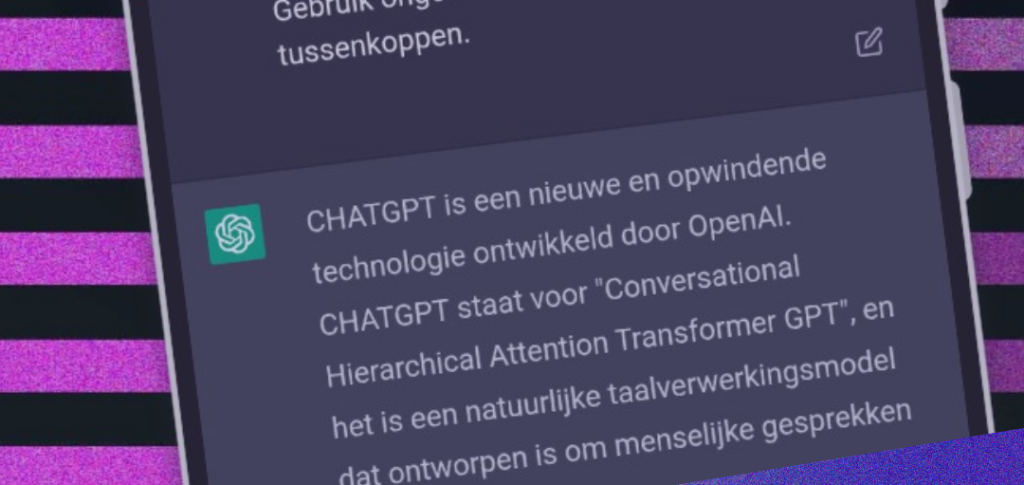Sixteen cities, five continents, face-to-face meetings with heads of state, lectures at universities and even an appearance at the meeting of the Bilderberg group, the discreet club of world political and economic leaders, in Lisbon last week. This is the impressive poster for “OpenAI Tour”, as the Californian company called it.
ADVERTISING
The tour illustrates the status of global Artificial Intelligence guru who Sam Altman, 38 years old, achieved after the lightning success of his chatbot ChatGPT.
Now, however, it needs to respond to the fears that the new technology provokes: disinformation, electoral fraud, mass destruction of jobs, plagiarism and copyright infringement and even a global threat to humanity.
The need for answers is urgent, as Europe and the United States are studying the regulation of the sector, several personalities asked in March for a pause in these research, and Italy suspended the ChatGPT for three weeks for unauthorized use of personal data.
ADVERTISING
Last Saturday (20), the G7 countries decided to create a working group on the matter and, in Brussels, European Commissioner Thierry Breton suggested quickly launching a pact on Artificial Intelligence (AI).
Sam Altman explained on Twitter that it planned to meet with users and regulators during its tour.
His seduction campaign began with the American senators, with his trip to Congress, on May 16, where he caused surprise by exclaiming: “regulate me!”. Taking the lead, he declared that what scares him most is that AI could cause “significant harm to the world”. In this sense, he proposed the creation of a global regulatory agency.
ADVERTISING
He also considered that many jobs could be created and highlighted the risks of too strict regulation, since “if US industry slows down, China, or anyone else, could move faster”.
The following day, the executive traveled to Rio de Janeiro and then continued to Lagos (Nigeria) and Lisbon. This week he visited Madrid, London, Paris, Warsaw and Munich. Your next stops will be Tel Aviv, Dubai, New Delhi, Singapore, Jakarta, Seoul, Tokyo and Melbourne.
"Messiah"
In the cities he passes through, Altman repeats his speech, which mixes optimism and warning, to try to convince that AI will not escape human control.
ADVERTISING
“In the Bilderberg [group], it was a little scary,” commented one participant. "Also promeyou are looking for a country to install your European headquarters”, he added.
In Paris, Warsaw and Madrid he was received as if he were a head of state. He met with French President Emmanuel Macron and the Polish and Spanish heads of government, Mateusz Morawiecki and Pedro Sánchez, respectively — all eager to take advantage of this economic opportunity, while remembering the need to establish control.
In Rio, at the Museum of Tomorrow, he defended the need to regulate, but insisted that he hopes the ChatGPT lead to “real scientific advancement” and “improve people’s lives.” From the hands of the mayor of Rio de Janeiro, Eduardo Paes, who was enthusiastic, he symbolically received the keys to the city.
ADVERTISING
At a Nigerian university, Altman promeyour a flourishing of startups and tried to remake the image of OpenAI, which turned to “cheap” African workers to train the app’s language model.
In London, however, his arrival generated less consensus. At University College there was a line of students eager to hear him, but also a protest with a handful of participants.
“We shouldn’t let Silicon Valley billionaires with messiah complexes decide what we want,” declared one student.
Meanwhile, Sam Altman warned that the OpenAI may “cease to operate” in the European Union if the future regulation imposes too many limits.
“We will try [to adapt to this], but there are technical limits to what is possible,” he told Time magazine, adding that he has “a lot” of criticisms of the European regulatory project.
Read also
* The text of this article was partially generated by artificial intelligence tools, state-of-the-art language models that assist in the preparation, review, translation and summarization of texts. Text entries were created by the Curto News and responses from AI tools were used to improve the final content.
It is important to highlight that AI tools are just tools, and the final responsibility for the published content lies with the Curto News. By using these tools responsibly and ethically, our objective is to expand communication possibilities and democratize access to quality information. 🤖




